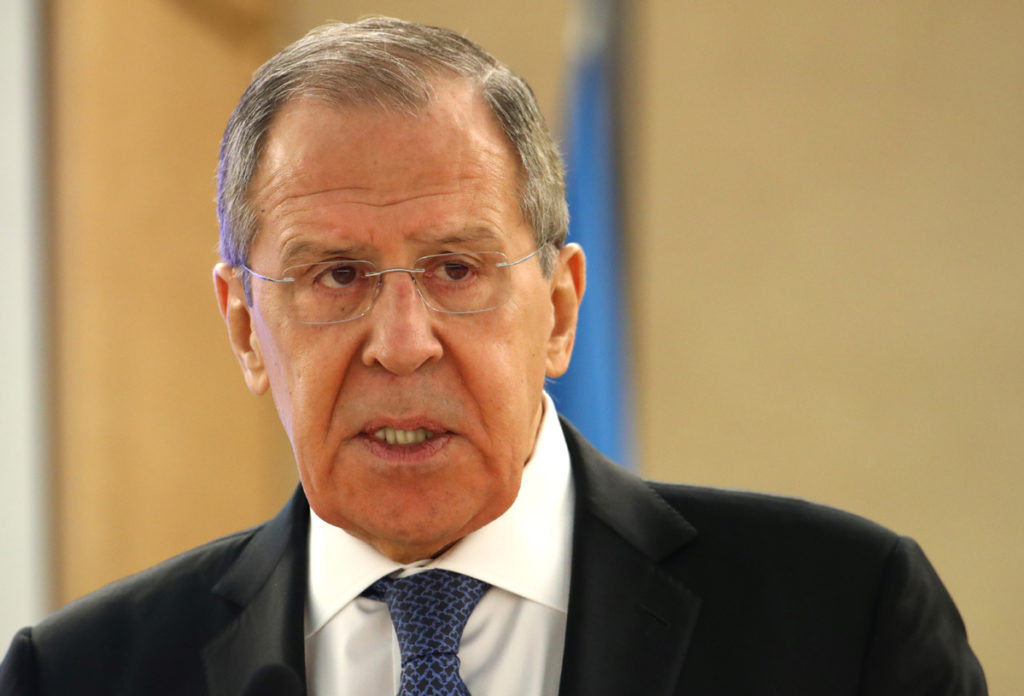Russian Foreign Minister Sergei Lavrov said on Tuesday that any such redeployment of the US’ nuclear weapons would be a direct violation of the Founding Act on Mutual Relations, agreed between Russia and NATO in 1997.
The founding act requires the transatlantic security alliance not to place nuclear weapons in the territory of new NATO members, said Lavrov, adding that he doubted whether these mechanisms would still be implemented in practical terms.
His remarks follow a statement on Twitter by the US Ambassador in Warsaw, Georgette Mosbacher, in which she raised the possibility of bringing NATO’s nuclear weapons closer to Russia’s borders.
Russian Foreign Ministry spokeswoman Maria Zakharova said US rhetoric has been a factor in the worsening relations between Russia and NATO.
“We hope Washington and Warsaw are aware of the dangerous nature of such statements, which further worsen Russia-NATO relations during this difficult period in their history, as well as jeopardize the very material basis of European security,” Zakharova is quoted as saying on the Russian Foreign Ministry’s website.
“The return of US warheads to the US territory would be a real contribution to strengthening European security. Russia had taken such a move a long time ago by bringing all of its nuclear arms to its national territory,” she said.
The deployment of US nuclear weapons in German air bases has been long debated within the host country’s coalition government.
The Social Democratic Party, Germany’s second-largest party and a member of the governing coalition, brought up the subject of the hosting arrangements in early May, with its party leader Rolf Mutzenich arguing that the weapons on German soil “do not heighten our security”, but “just the opposite”. Mutzenich said the arrangement makes Germany more vulnerable to attack.
Problematic deployment
According to Russia’s Sputnik News Agency, Russian officials have repeatedly voiced concerns over the deployment of US Aegis Ashore missile defense system components in Poland and Romania, warning that the MK-41 missile interceptor launchers could easily be converted to fire nuclear-tipped Tomahawk cruise missiles at targets inside Russia.
Steven Pifer, a senior fellow at the Brookings Institution think tank, said that moving nuclear weapons to Poland would prove very problematic.
For the US, moving them would be expensive, because relocation would require constructing special infrastructure, such as WS3 underground storage vaults, and other equipment to ensure their security, Pifer said.
In line with Mutzenich’s rationale, Pifer said any deployment to Poland of B61 bombs-the likely weapons that would be involved-would make the new host country more vulnerable to a Russian preemptive attack in a crisis or conflict. This was especially so considering that Russia has deployed Iskandr-M ballistic missiles in its territory of Kaliningrad, he said.
